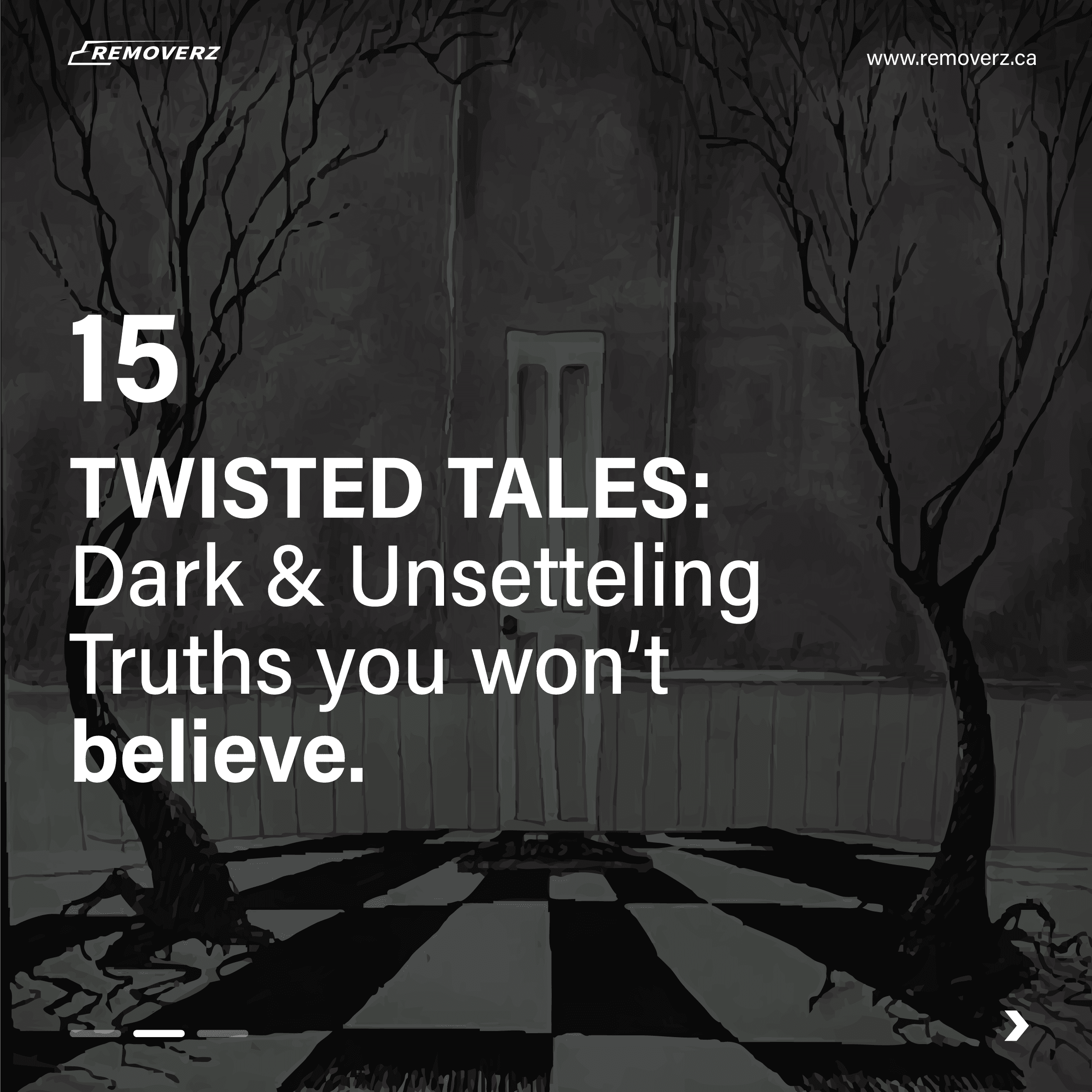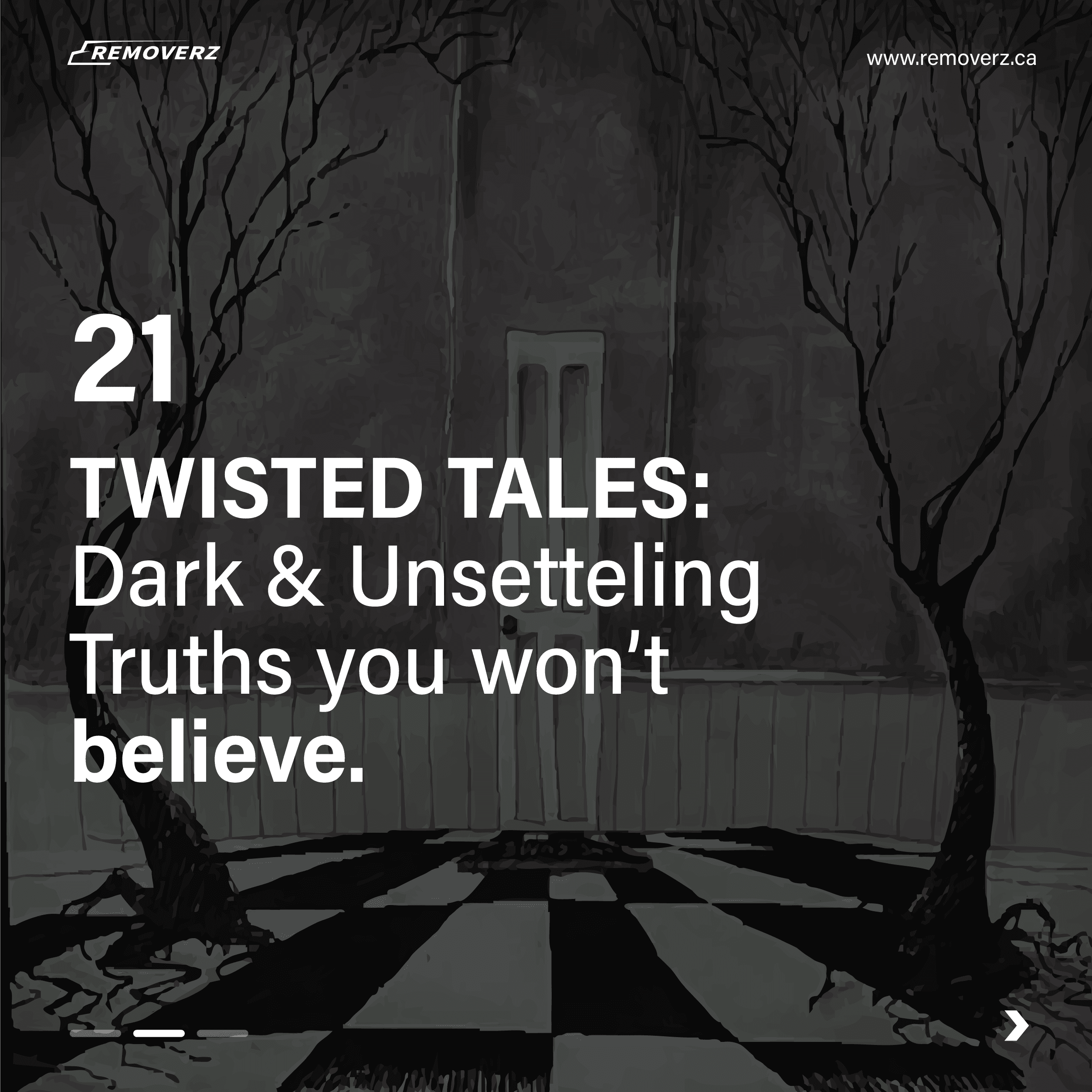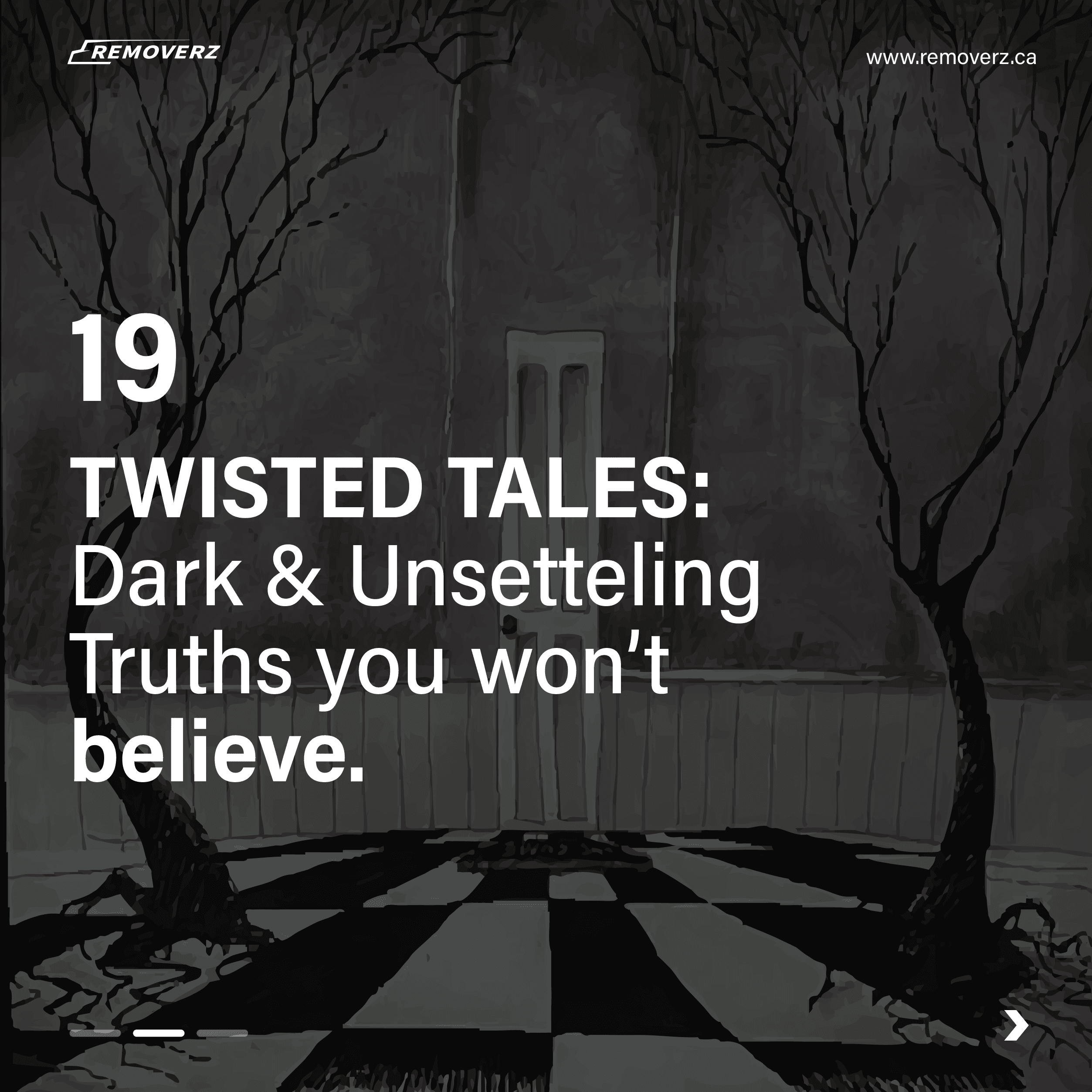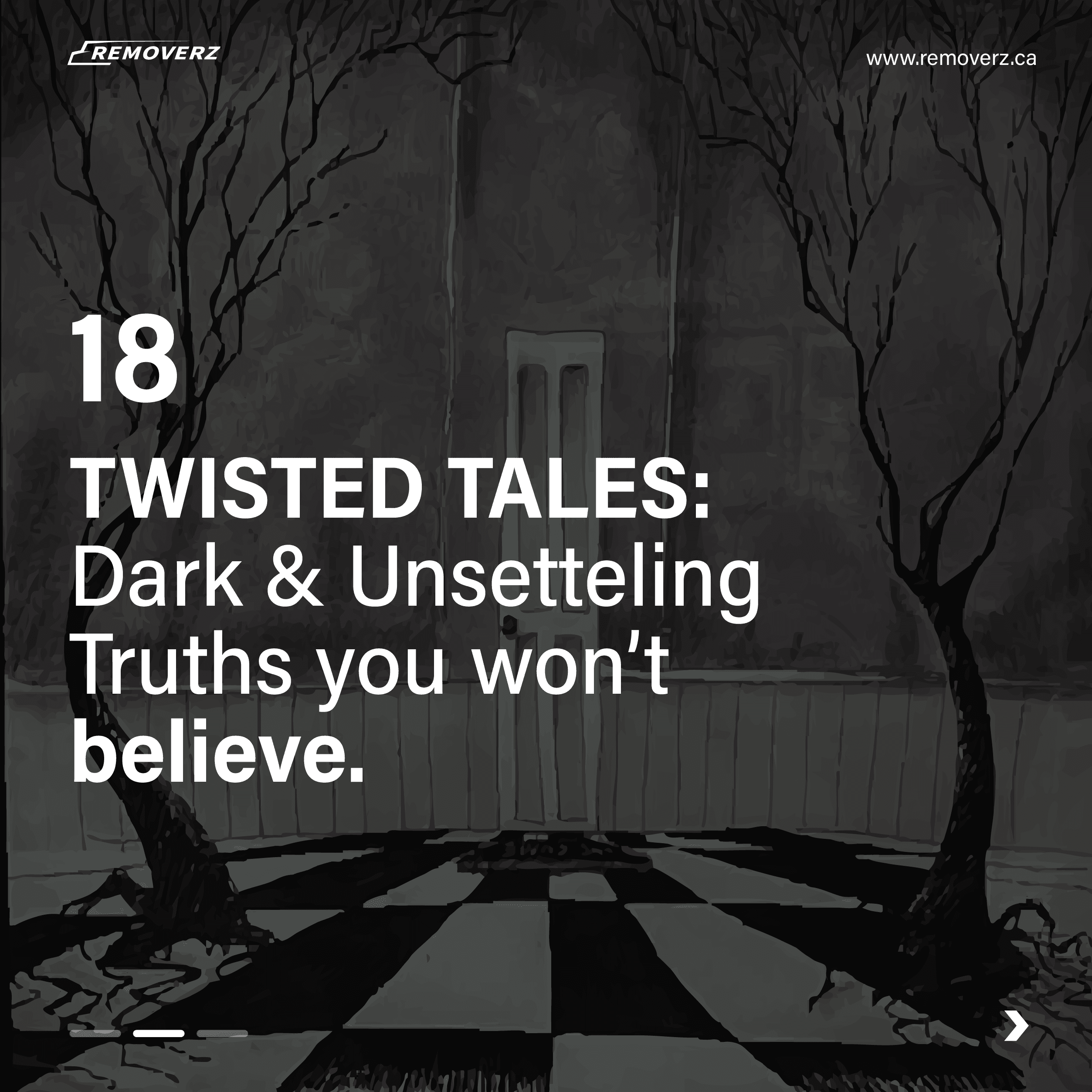I had never thought of myself as a savior, though some would claim I possessed a gift. A curse, perhaps, though I have come to accept it as both. I am a man of peculiar abilities, a simple laborer, yet one whose hands hold power—though power that comes at a terrible price.
I was hired one autumn morning, as the oppressive winds blew down through the city streets and the air seemed thick with the weight of an unspoken grief. A call had come from a hospital—a children’s hospital on the outskirts of the city. The institution was to be shut down in a month, the last of its inhabitants to be taken to their final rest in the cold graveyards of our world. It was a place I had avoided for years, a place where death lingered too closely, too intimately.
But I am a man of work, and the job was simple enough: remove the junk, clear the halls, strip the walls of their memories, and prepare the building for whatever grim future awaited it.
Yet when I arrived at the hospital, when I stepped through the double doors and walked into the sterile silence, I was confronted by something far worse than the mere shadows of a dying institution.
The place was filled with children—pale and frail, their bodies shrunken beneath the weight of a sickness that could not be named, an illness that no doctor, no scholar, no faith could cure. It was a virus, a strange and unsolvable plague that had spread across the world, leaving only the faintest glimmer of hope in its wake. And here, in this cold, sterile place, these children waited for their inevitable end. Each face was a mask of misery—some slept fitfully, others stared blankly at the walls, but all carried the same unspoken truth: death would come for them soon.
I walked through the halls, the whispers of their suffering floating in the air like a sickly fog. I moved through the corridors, carrying out my task mechanically, my hands shaking with the knowledge of what I had to do. And yet, as I passed the rooms, something strange began to happen. I felt it—an unnatural force tugging at me, a compulsion to stop, to linger, to reach out. My hands itched, my body grew weak as if the very act of breathing was drawing from me. The children, with their hollow eyes, beckoned me.
I had heard the rumors, the whispers among those who knew of me. There was a legend that spoke of my peculiar ability—an ability to heal, to give life with but a touch. It was a strange, cruel gift. A curse, truly. For with every life I saved, a piece of my own life was stolen in return, a fraction of my years, stolen from the very fabric of my being.
I had kept this ability hidden for years, for to use it was to court my own death, to watch my days slip away into nothingness. I had saved a few lives in my time, but the cost was always so high. Every touch was a thread unraveling from my soul.
But here, in this hospital, I could not look away. I saw the children—fragile, broken, and dying—and I felt the pull to do something, anything, to save them. The curse that had haunted me now seemed like a chance to right the wrongs of a world that had abandoned them.
The first child I approached was a small boy, no older than seven, his skin pale and nearly translucent. He lay motionless in his bed, his body so thin that his bones seemed to press against his skin. His eyes fluttered open as I neared, and for a brief moment, I saw a glimmer of recognition in his gaze.
“Please,” he whispered, his voice a rasping breath. “Help me.”
It was a plea that echoed through me like a cry from the abyss, and in that instant, I made my decision. I placed my hand gently upon his forehead, feeling the feverish heat of his skin. The power surged within me, the familiar warmth spreading through my limbs as I poured my life into him.
But as always, the price was steep.
I felt the years slip away from me—days, months, perhaps even years—and I saw them as if in a vision. They bled away like the fading light of a dying star, and I knew that every moment I gave to him was a moment I would never see again. But it didn’t matter. The boy’s skin grew warmer, his breath steadied, and I felt his fragile form stir beneath my touch.
He smiled—a fleeting, fragile smile. And for a brief moment, I thought I had saved him. I had done something. But as his small hand grasped mine, I realized that I had given too much. His body, though no longer trembling with the fever of death, seemed to draw from me still. And as I pulled away, my vision blurred, and I knew—this was the beginning of my end.
I moved from room to room, saving child after child, using my gift to restore them, knowing all the while that I was draining myself with every touch. Each moment of life I gave them took a shard of my own. But it was not just their lives I was saving; I was also clinging to my humanity, to my own frail hope that there might be something left of me when this was over.
The children grew stronger, their faces less pale, their eyes less dull. They began to speak, to laugh—joyful sounds that had not been heard in these halls for far too long. They called me “Life,” believing I was a miracle sent to save them. But I knew the truth. I was no savior. I was merely a man who had given everything to heal them. A man who, in trying to erase their suffering, had sentenced himself to an inevitable death.
By the time I had healed the last child, I could feel the weight of my own mortality pressing against me, suffocating me. The world around me spun, and my vision darkened. The hospital, once so full of despair, now hummed with the warmth of life, but for me, that warmth was fading.
I fell to my knees in the hallway, my body trembling, the last of my strength spent. The children, now full of life, stood around me, their faces filled with confusion as they tried to understand what had happened to me.
And as the darkness closed in, I whispered one last word—the truth they would never know.
“I am not Life,” I said, barely a breath. “I am Death.”
And then, with the last shred of my existence slipping away, I died.
But the children—those who had survived, who had felt the miracle of my touch—remained. They would live to see another day, though they would never know the true price of their survival.
I had saved them, but in the end, it was my own life that had been the cost.
Create a short story written a style similar to Edgar allan Poe’s style of writing but modern in which the following plot is central to the plot; its your first day back at work after the terrible accident that affected your memoryare hired on a junk removal job to clean out the attic of an old home when you find a dusty, old, leatherbound diary. the date inside is fromauthor writes about starnge things that happened in the house; items moving mysteriously, strange sounds, etc. the final entries describe seeing a ghost, in great detail, hair colour eye colour and clothes the description of the ghost matches you exactly. 150 years ago. you start to read, and the Make the ending tragic and incoclusive.





